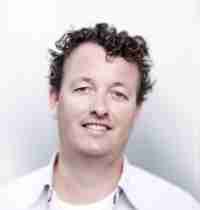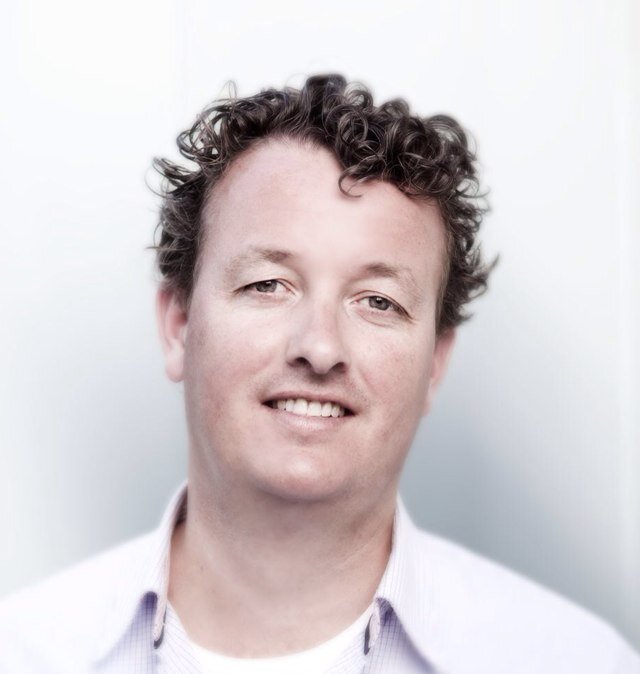In August 2011 Marc Andreessen, a founder of Netscape and now an investor in companies such as Facebook, Groupon, Skype, Twitter, Zynga, Foursquare and LinkedIn, published in The Wall Street Journal an essay entitled “Why Softwae Is Eating The World”. Andreessen looked in the article at how leading companies such as Borders, Kodak, Disney and Nintendo are having difficulty to keep up with the digital transformation the business world is facing. “More and more major businesses and industries are being run on software and delivered as online services—from movies to agriculture to national defense. Many of the winners are Silicon Valley-style entrepreneurial technology companies that are invading and overturning established industry structures. […] Over the next 10 years, the battles between incumbents and software-powered insurgents will be epic. Joseph Schumpeter, the economist who coined the term “creative destruction,” would be proud.” Re-imagination Mary Meeker, a partner at Kleiner Perkins and former analyst at Morgan Stanley, is known for her annual presentation where she zooms in on the latest status of the web. During the All Things D conference this year she gave in an interview with Wall Mosberg her views on the current Internet trends. From the many sheets she presented in a short time, one point became very clearly: “re-imagination of nearly everything”. Companies from all sectors are forced by digital technology to reinvent themselves. If they don’t, there is a start-up waiting around the corner to eat them alive. Or as Mark Zuckerberg, the founder of Facebook, just before the IPO happened so neatly put it in a letter to prospective shareholders: “We hope te rewire the way people spread and consume information… We think a more open and connected world will help create a stronger economy with more authentic businesses that build better products and services.” Fortune 500 Gabriel Weinberg, founder of search engine DuckDuckGo, says in a blog post about the “software eating the world” thesis that: “We should eventually be seeing bigger companies form and rise faster and faster over time. Not only should they pick off huge incumbents, but they should also pick off each other in faster waves.” In the near future, new companies will be founded within a short time to achieve tremendous growth and thereby undermine the position of established organizations. To prove the above proposition Weinberg has looked at the Fortune 500 list since the year 1955. This study shows that indeed there is a rapid changing. After a few years most companies already disappear from this list and their place is taken by another. Weinberg expects to quickly reach the point that only 200 of the Fortune 500 list within the next 5 years. Singularity makes Kondratiev waves shorter In the current digital era, the rules of the real physical economy ceases. The industrial revolution that started some 250 years ago, is characterized by scarcity. In the digital revolution that is now taking place, we are dealing with a new production factor, a bit, 0 or 1, which is abundant. Data is the new oil. It is a raw material in various ways that companies use to create new goods, services and products. The economists Nikolai Kondratieff, Joseph Schumpeter and Carlota Perez have the history of the industrial revolution extensively researched and documented. Their studies show that approximately every 60 years a new technology is introduced and is at the start of a new economic wave. Over the past 250 years 4 of such movements can be observed. Now we are living the fifth Kondratieff wave caused by information technology. In an earlier article “Big data, changing business models and singularity” I wrote that new technologies are introduced so rapidly, that the world has escalated. “Panta Rhei”. Everything changes, nothing stays the same. If indeed more companies will disappear from the Fortune 500 list in the foreseeable future, because “software” is eating them, than can be expected that the Kondratieff waves will become shorter. Accelerated change is the only constant. But if accelerated change is constantly taking place, how short will these waves will become?
Select your location
 English | EN
English | EN


